What Are POS System Features?
POS system features refer to the tools and functionalities embedded in a Point of Sale (POS) system to manage sales, inventory, and customer interactions. These features are designed to automate workflows, reduce errors, and provide actionable insights. Whether in retail, hospitality, or healthcare, understanding core and advanced POS system features helps businesses select solutions tailored to their needs.
Core POS System Features for Daily Operations
Every modern POS system includes foundational features critical for daily operations:
- Sales Processing: Fast checkout with support for multiple payment methods (cards, mobile wallets, cash).
- Inventory Tracking: Real-time updates on stock levels, automated low-stock alerts, and barcode scanning.
- Basic Reporting: Generate sales summaries and tax calculations.
These POS system features minimize manual tasks and ensure accuracy in high-pressure environments.
Advanced POS System Features for Growth
To stay competitive, businesses often require advanced POS system features:
- Customer Relationship Management (CRM): Track purchase histories and loyalty program engagement.
- Multi-Location Integration: Sync data across stores or franchises for centralized management.
- Third-Party App Compatibility: Integrate with accounting software (e.g., QuickBooks) or e-commerce platforms.
Such POS system features enable scalability and long-term operational efficiency.
Security-Focused POS System Features
Data protection is non-negotiable. Key security-related POS system features include:
- End-to-End Encryption: Safeguard payment data during transactions.
- User Permissions: Restrict access to sensitive functions based on employee roles.
- Compliance Tools: Ensure adherence to standards like PCI-DSS.
These features mitigate risks and build customer trust.
Analytics-Driven POS System Features
Data analytics are among the most impactful POS system features:
- Custom Reports: Analyze sales trends, peak hours, and product performance.
- Customer Insights: Identify buying patterns to refine marketing strategies.
- Employee Metrics: Track productivity and sales contributions per team member.
Businesses leverage these features to make informed, data-backed decisions.
User Experience: A Critical POS System Feature
A user-friendly interface is a defining POS system feature for reducing training time and errors. Look for:
- Intuitive Navigation: Simple menus for quick order processing.
- Cloud Accessibility: Manage sales and inventory remotely via mobile or desktop.
- Multi-Language Support: Accommodate diverse staff and customers.
These features ensure seamless adoption across teams.
Customization as a POS System Feature
Flexible POS system features allow businesses to tailor workflows:
- Custom Receipts: Add logos, promotions, or loyalty program details.
- Modular Hardware: Connect peripherals like scales, scanners, or kitchen printers.
- Software Add-Ons: Expand functionality with industry-specific tools (e.g., table management for restaurants).
Customization ensures the system adapts to unique business needs.
Final Thoughts on Choosing POS System Features
Selecting the right POS system features depends on your business size, industry, and goals. Prioritize features that streamline workflows, enhance security, and provide actionable insights. Explore TCANG’s offerings to find a system that aligns with your operational requirements and growth trajectory.

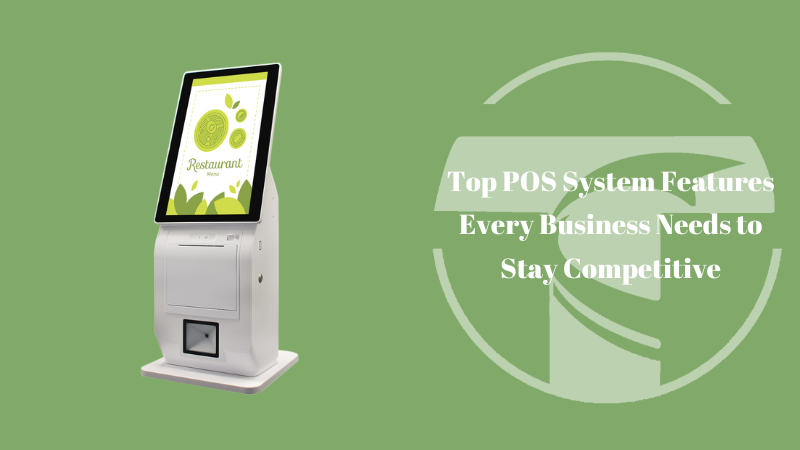
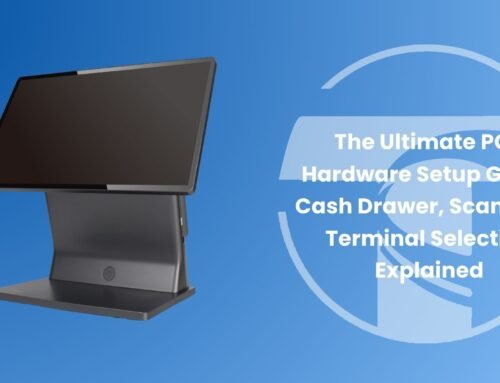
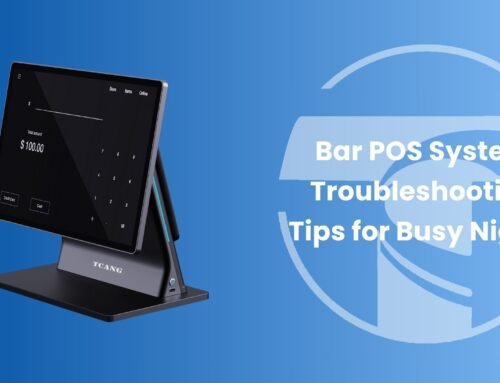
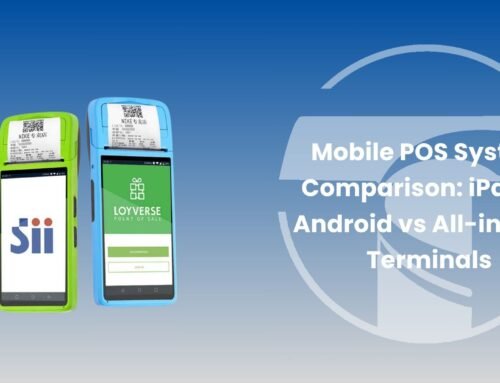
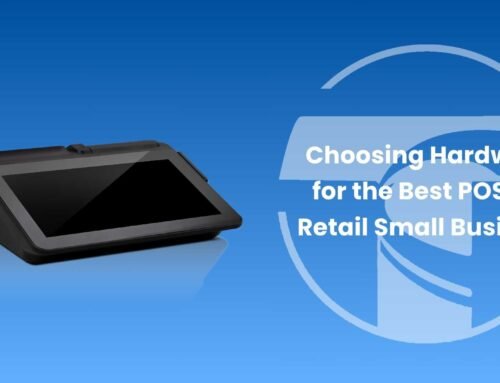

Leave A Comment